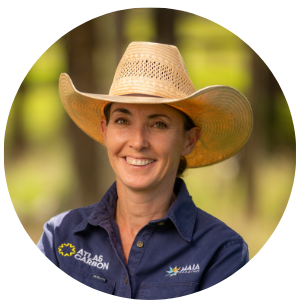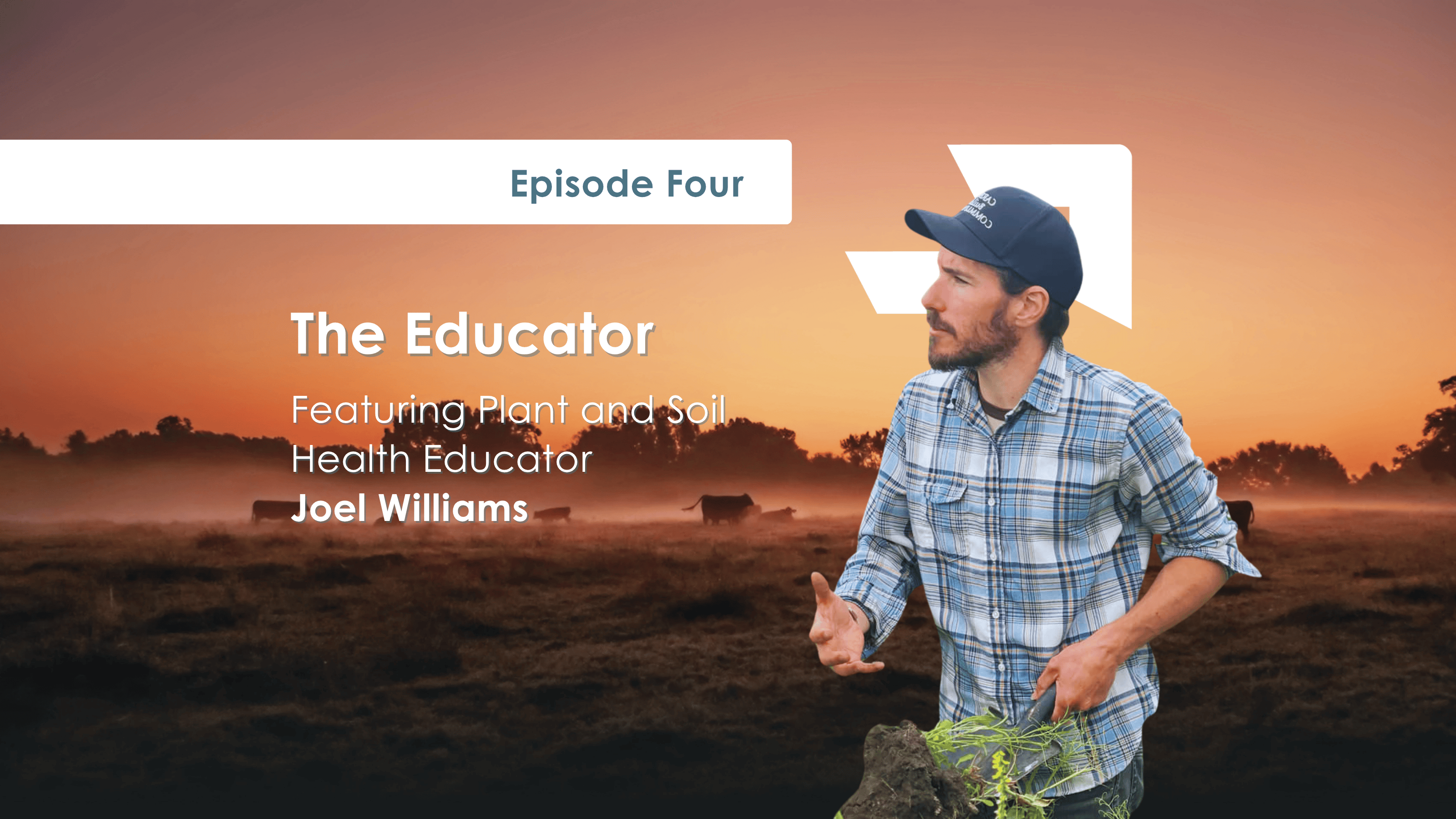Stockyard Sessions
Episode 2: The Producers
In Episode 2 of Stockyard Sessions, brought to you by Atlas Ag, we speak with three producer families at various stages of their soil carbon journeys. Jared Doyle, Suzie Ridley, and Scott and Macey Michell share what’s motivating them to invest in soil health and what they’ve learned so far about carbon farming.
From fast-tracking infrastructure to increasing productivity and building farm resilience, these graziers offer their insights into the practical benefits and realities of building soil carbon. With different operations and backgrounds, their stories reflect a common thread: a commitment to thinking long term and asking:
- How do we build a more resilient farm?
- How do we make better use of rainfall?
- How do we produce more, while looking after the land?
Whether you're simply curious, or considering a soil carbon project yourself, this episode provides valuable perspectives from those doing the work on the ground.
This podcast is brought to you by Atlas Ag – the team behind Atlas Carbon and MaiaGrazing. Atlas Carbon is a trusted partner who blends deep grazing expertise with a data-driven approach to design and implement soil carbon projects that genuinely work for your land, your business, and your goals for the long run.
Listen to Stockyard Sessions below:
Tune in on Spotify or Apple Podcasts, and be sure to hit ‘follow’ so you don’t miss future episodes.

.png)


.png)
.png)

